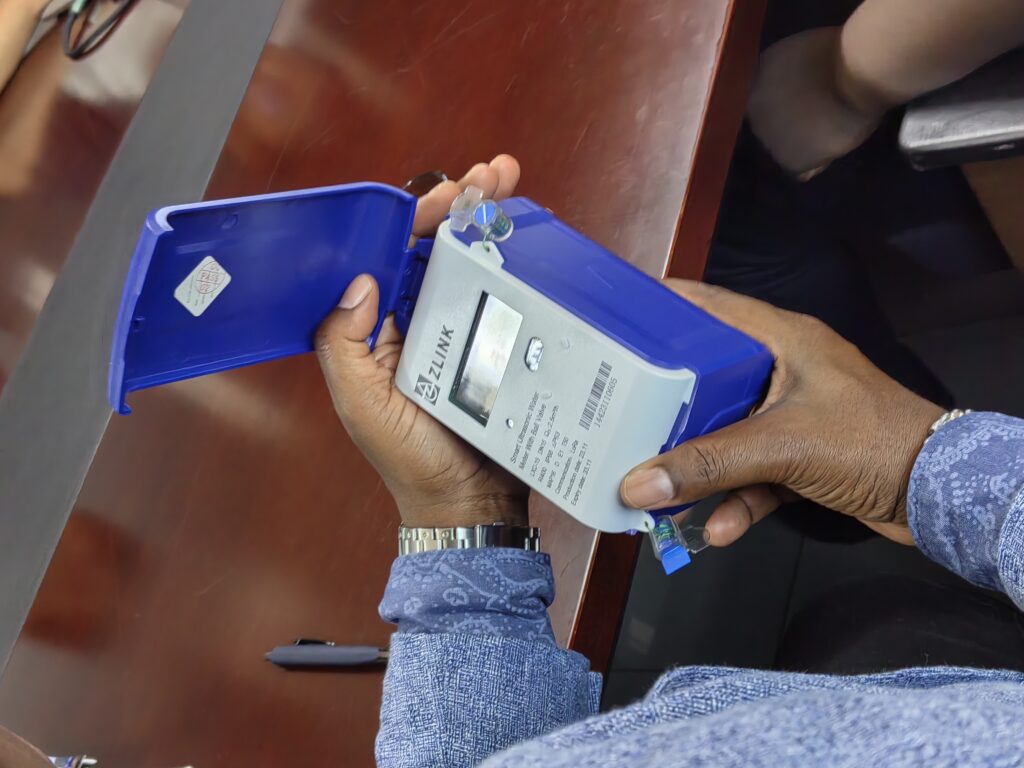
The National Water and Sewerage Corporation (NWSC) is stepping up efforts to combat the staggering losses caused by non-revenue water (NRW), a challenge that has cost the utility billions. So, in a decisive move towards a long-term solution, NWSC is considering the implementation of smart metering technology for its potential to enhance operational efficiency and improve service delivery.
This conclusion was drawn following a high-level meeting recently convened at NWSC’s Kampala Water (KW) Headquarters, which brought together top management and principle officials from KW and representatives from Hexing, a leading manufacturer of smart meters, alongside Sagewood, a UK-based company with regional operations in Uganda. The meeting centred on Hexing’s proposal for a state-of-the-art prepaid smart metering solution, tapping into NWSC’s willingness to explore cutting-edge technology as a strategic response to its water management challenges.
Sagewood, known for its production of UMEME’s Yaka prepaid electricity meters, presented plans that extend beyond its current role. The company aims to establish a meter assembly plant in Uganda, initially for electricity meters, with the potential to expand into prepaid water meters. This prospect opens the door to localised production and a more integrated approach to utility metering in the country.
Hexing, for its part, with the help of a presentation, demonstrated its diverse range of smart ultrasonic meters tailored to meet various demands across domestic, commercial, and institutional settings with the help of a presentation. These meters are designed for individual consumption monitoring as well as large-scale production and zonal flow measurement. Their advanced technology offers a significant advantage characterised by precise, real-time data that could enable NWSC to optimise its water distribution networks, curbing the inefficiencies that contribute to NRW.
The possibility of launching a cost-neutral pilot project, “a proof-of-concept,” so to speak, that would allow NWSC to sample the smart metering solution before committing to broader implementation was thoroughly discussed. Should the pilot yield positive results, it could pave the way for a transformational shift in how the utility manages its resources, significantly reducing water losses and boosting revenue collection.
Eng. Lutaaya Mahmood, General Manager of Kampala Water, who led the NWSC team, was open to the idea and proposed continued deliberations between all parties. With this move, one could argue that the NWSC is positioning itself to adopt a solution that could potentially mitigate NRW and enhance overall service delivery.
As per the proposed “let’s keep in touch,” the coming months will likely determine whether smart meters become a core part of NWSC’s strategy to secure its mission to sustainably and equitably provide cost-effective, quality water and sewerage services while conserving the environment and enhancing stakeholder trust.


